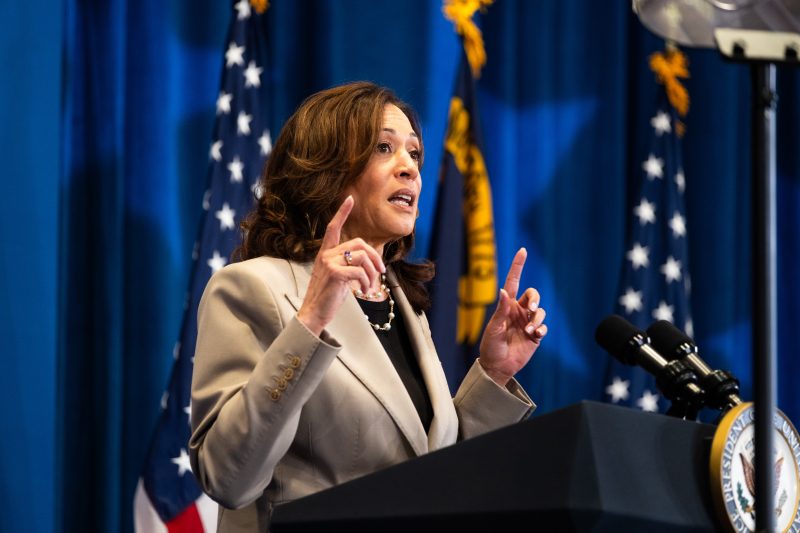
Unsettled: Black Voters in N.C. Question Harris’s Emphasis on Abortion Rights
**Exploring the Complexities of Voter Perspectives on Abortion Rights in North Carolina**
The ongoing political discourse surrounding abortion rights across the United States has penetrated deeply into the realm of voter decision-making. In North Carolina, the issue of abortion rights has taken center stage, prompting a wide array of reactions among voters, particularly within the Black community. While Senator Kamala Harris has been an influential proponent of abortion rights, some Black voters in North Carolina express unease about the singular focus on this issue. This hesitancy reflects a broader conversation within the Black community about how political agendas may align or diverge with the complex array of values and concerns that influence voter decisions.
One key factor that shapes the uneasiness some Black voters feel about Harris’s focus on abortion rights is the recognition of intersecting priorities within their community. While reproductive rights are undeniably important, they are not the sole concern of Black voters. Issues such as racial justice, economic inequality, healthcare access, education, and criminal justice reform are just a few of the multifaceted issues that also demand attention. In this light, some Black voters may feel that a singular emphasis on abortion rights overlooks or sidelines other critical issues that impact their daily lives and well-being.
Moreover, the history of reproductive injustice experienced by Black individuals adds depth to the complexity of their perspectives on abortion rights. From coercive sterilization practices to disparities in healthcare access, the Black community has a long and painful history of mistreatment within the realm of reproductive healthcare. As such, discussions about abortion rights must be contextualized within the broader framework of reproductive justice, which takes into account the intersections of race, class, gender, and other factors that shape individuals’ experiences.
Another key aspect that drives the unease among some Black voters in North Carolina is the concern that a hyper-focus on abortion rights may perpetuate stereotypes or misconceptions about their community. Black individuals are not a monolithic group, and their perspectives on abortion, like any other issue, vary widely. By portraying abortion rights as the central or only concern of Black voters, there is a risk of erasing the diversity of opinions and lived experiences within the community.
Additionally, the influence of religious beliefs and cultural norms cannot be overlooked when examining the dynamics of voter perspectives on abortion rights among Black individuals in North Carolina. Many Black voters have deeply held religious convictions that inform their views on abortion, leading to a nuanced and multifaceted approach to this issue. For some, these beliefs may align with Harris’s advocacy for reproductive rights, while for others, they may conflict, resulting in a more complex and ambivalent stance.
In conclusion, the unease expressed by some Black voters in North Carolina regarding Harris’s focus on abortion rights underscores the intricate nature of voter perspectives on this issue. Recognizing the intersecting priorities, historical injustices, diversity of viewpoints, and cultural influences within the Black community is essential for understanding the complexities at play. Moving forward, political discourse and advocacy must strive to encompass the full spectrum of concerns and values that shape the lives of Black voters, ensuring that their voices are heard and their complexities are respected in all policy discussions.
